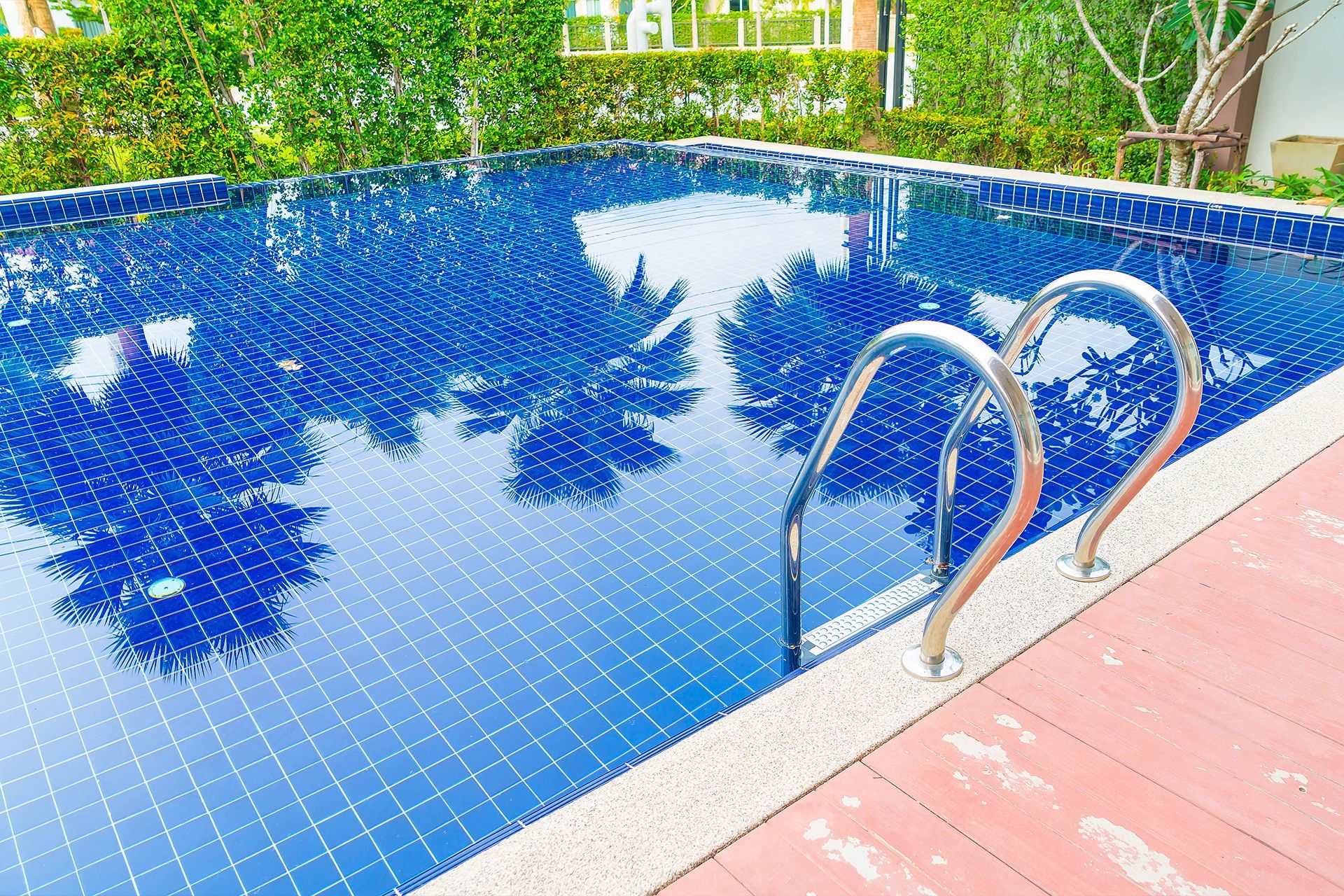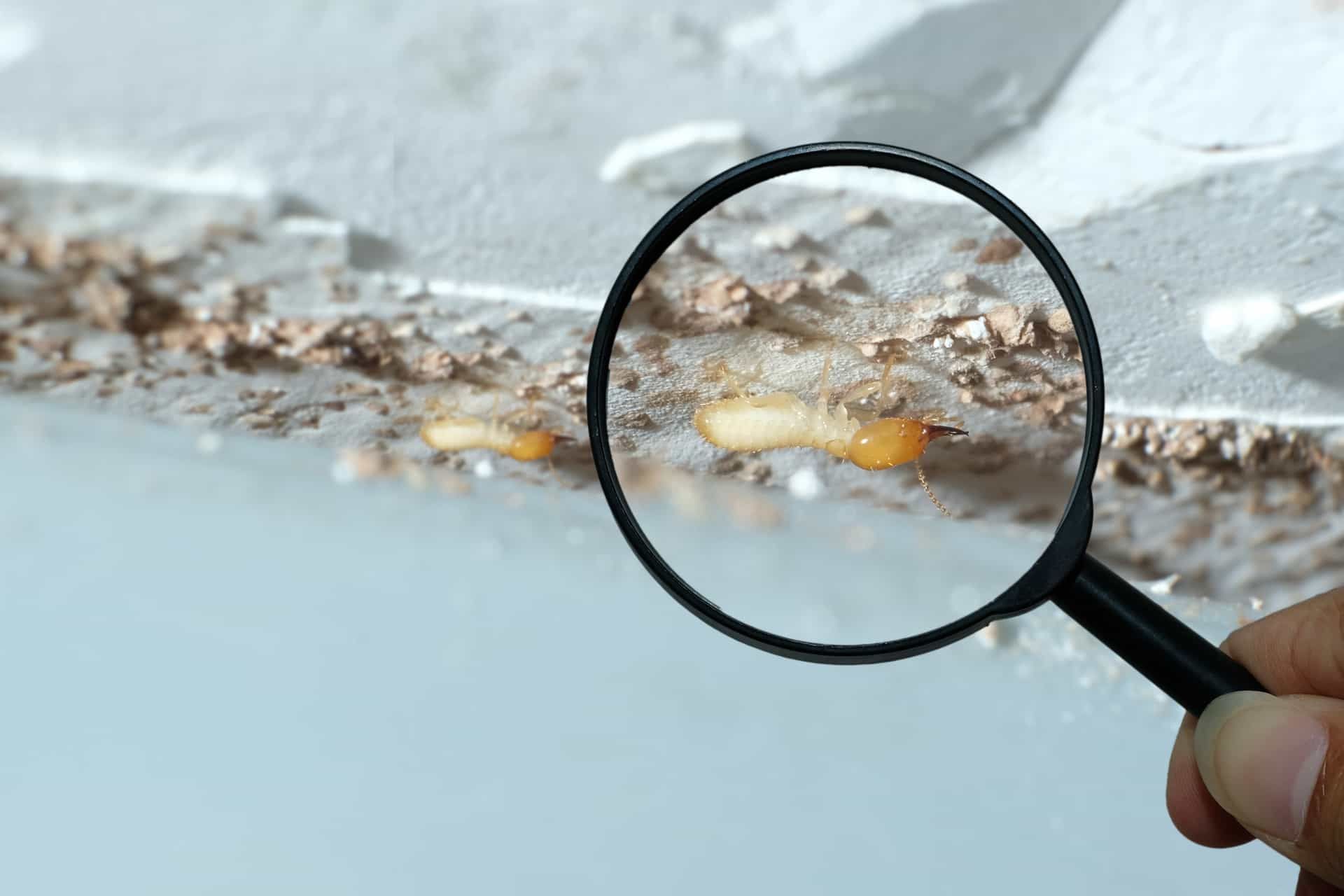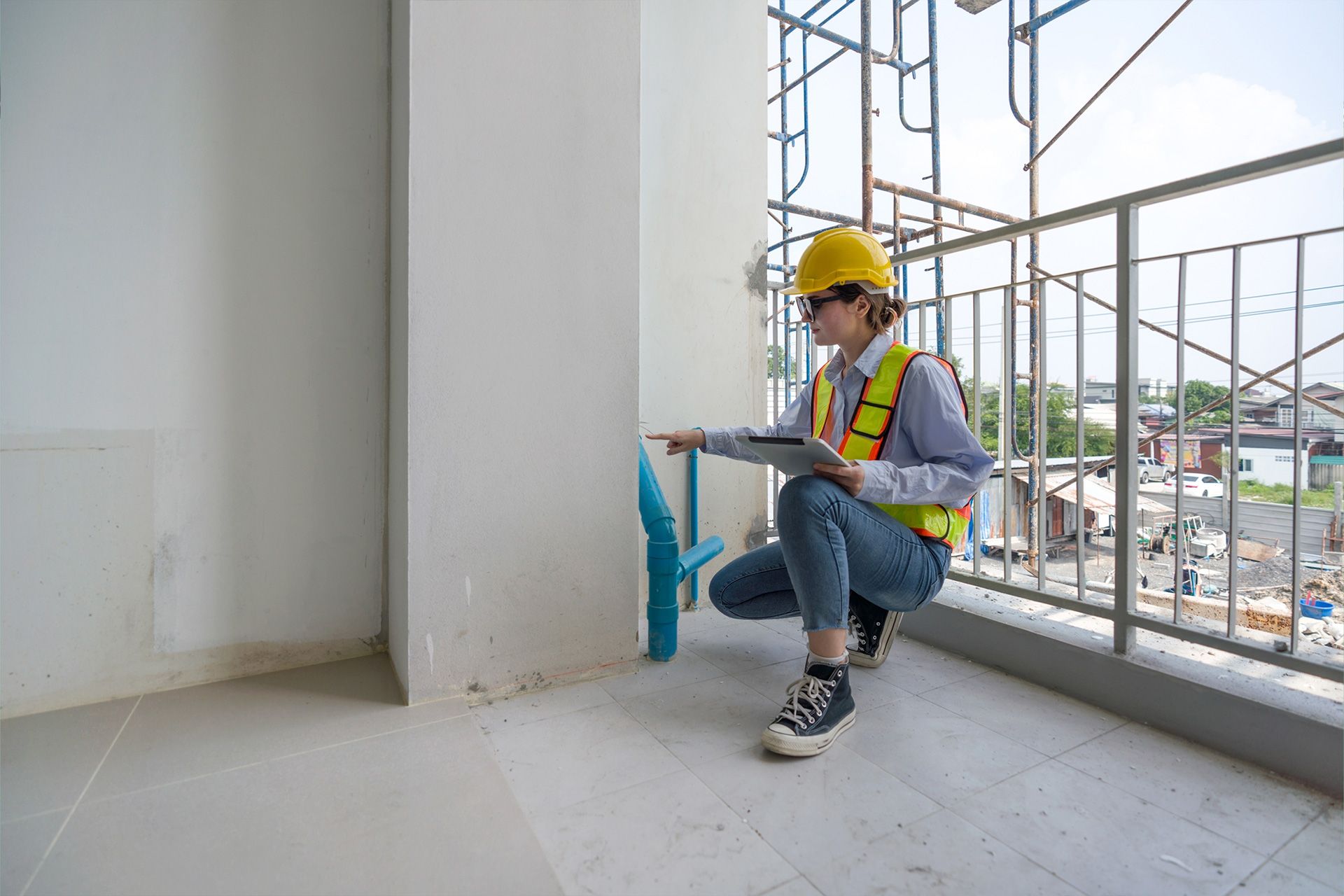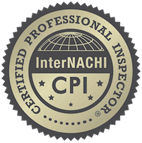Is Your Tap Water Safe? Reasons to Get a Water Inspection
Clean water is something most of us take for granted. We turn on the tap, fill a glass, and assume it’s safe to drink. But is tap water safe to drink everywhere in Florida? The truth is, water quality can change depending on where you live, the age of your plumbing, and even recent storms or flooding. That’s why many families are turning to home water inspections in Florida to make sure their drinking water is safe, healthy, and free from hidden contaminants.
In this article, we’ll explain why water testing is important, what problems could be hiding in your water, and how a professional water quality inspection in Florida can give you peace of mind.
Why Water Quality Matters for Your Health
Your body is made up of about 60% water, and every cell depends on it to work properly. When you drink clean water, it keeps you hydrated, helps your body get rid of waste, and supports healthy digestion. But when water is contaminated, it can put your health at risk.
Some contaminants can cause short-term stomach issues, while others can lead to long-term health problems. For example:
- Lead exposure can harm brain development in children.
- Nitrates in water are dangerous for infants and can cause “blue baby syndrome.”
- Bacteria and viruses can cause diarrhea, nausea, and infections.
- Chemicals like pesticides or PFAS (known as “forever chemicals”) may increase cancer risks over time.
Even if your water looks, smells, or tastes fine, it may still contain harmful substances. That’s why experts recommend routine water quality testing in Florida homes.
Is Tap Water Safe to Drink in Florida?
Florida has many different sources of water, including groundwater and city supplies. Public water utilities test and treat water to meet federal safety standards. However, problems can still happen:
- Old pipes in your home can leach lead or copper into water.
- Private wells are not regulated the same way city water is, so homeowners are responsible for testing.
- Storms, flooding, and hurricanes can introduce bacteria and chemicals into the water supply.
- Agricultural areas may have fertilizers or pesticides seeping into groundwater.
So, while Florida tap water often meets safety requirements, it doesn’t guarantee your personal tap is free from risks. A home water inspection in Florida can uncover problems specific to your home.
What Happens During a Home Water Inspection?
A professional water inspection tests for many different things. Here’s what inspectors usually check:
- Bacteria and Microorganisms – E. coli and coliform bacteria are signs of contamination.
- Metals – Lead, arsenic, and mercury are dangerous even in small amounts.
- Chemicals – Inspectors check for pesticides, nitrates, and other harmful chemicals.
- Hardness and Minerals – High levels of calcium and magnesium can cause scale buildup in pipes and appliances.
- pH Levels – Acidic water can damage plumbing and leach metals into your drinking water.
The inspector will collect samples from your tap, send them to a certified lab, and provide a detailed report. This report helps you understand what’s in your water and whether you need treatment, such as a filter or softener.
Common Signs Your Water May Not Be Safe
Sometimes, your water will give you clues that something is wrong. Look out for these warning signs:
- A metallic or bitter taste could mean lead or copper.
- Cloudy water might suggest sediment or bacteria.
- A
rotten egg smell is often caused by sulfur bacteria.
- Stains on sinks or clothes may indicate high iron or manganese levels.
- Dry skin and buildup on faucets are signs of hard water.
Even if you don’t notice these signs, your water could still have invisible contaminants. Regular water quality testing in Florida is the only way to know for sure.
Benefits of Water Quality Testing in Florida
Getting a water inspection offers peace of mind and real health benefits. Here’s why Florida homeowners choose to test their water:
- Protect Your Family’s Health – Ensure your kids, pets, and loved ones aren’t exposed to harmful contaminants.
- Improve Taste and Smell – Clean water makes coffee, tea, and food taste better.
- Save Money on Plumbing and Appliances – Hard water can damage pipes, dishwashers, and water heaters.
- Know Your Well Water Safety – If you have a private well, regular testing is the only way to ensure it’s safe.
- Peace of Mind After Storms – Hurricanes and heavy rains can contaminate local water supplies.
Who Should Get a Water Inspection?
While every homeowner can benefit, some households in Florida are at higher risk and should consider testing right away:
- Families with young children, elderly members, or anyone with weak immune systems.
- Homes with
private wells.
- Houses with
plumbing older than 1986, when lead pipes were more common.
- Homes in
agricultural areas where pesticides or fertilizers are used.
- Residents who
notice changes in water taste, color, or smell.
What to Do If Your Water Isn’t Safe
If your water inspection finds issues, don’t panic. There are solutions to fix most water quality problems. Depending on the results, you may need:
- A whole-home water filter to remove chemicals and metals.
- A
water softener to handle hardness and protect your plumbing.
- A
reverse osmosis system for clean drinking water.
- Well system maintenance if bacteria or nitrates are found.
Your water inspection report will recommend the best options for your home.
Final Thoughts
So, is your tap water safe to drink? The only way to know for sure is through professional water quality testing in Florida. A home water inspection in Florida helps protect your health, keeps your plumbing in good shape, and gives you confidence every time you turn on the tap.
Schedule your water inspection today with Guardian Angel Inspections and enjoy peace of mind knowing your family’s water is safe.
FAQs About Water Quality Testing in Florida
How often should I get a home water inspection in Florida?
At least once a year, or more often if you have a private well or notice changes in your water.
Is Florida tap water safe to drink without testing?
Public water is treated, but problems in your home plumbing or local area could make it unsafe. Testing is the only way to be sure.
How long does a water inspection take?
Collecting samples usually takes less than an hour, but lab results may take a few days.
Does insurance cover water quality testing?
Most homeowner’s insurance policies don’t cover water inspections, but the small cost is worth protecting your family’s health.
What’s the difference between a home test kit and a professional water inspection?
Home kits can give basic results, but professional inspections test for a wider range of contaminants and provide certified, reliable results.
Disclaimer: The information on this website and blog is for general informational purposes only and is not professional advice. We make no guarantees of accuracy or completeness. We disclaim all liability for errors, omissions, or reliance on this content. Always consult a qualified professional for specific guidance.
Share this entry







